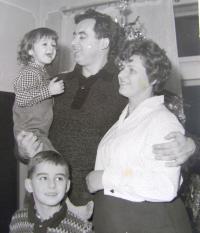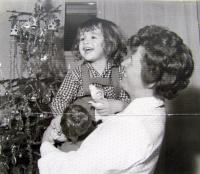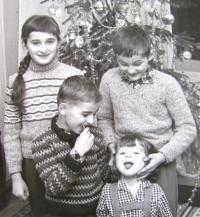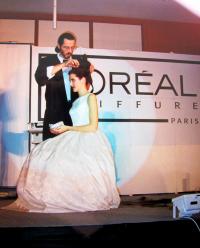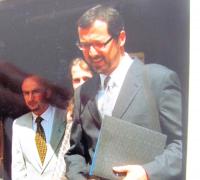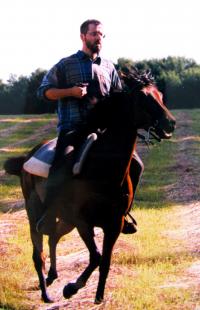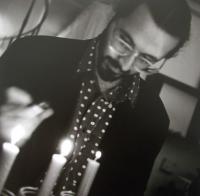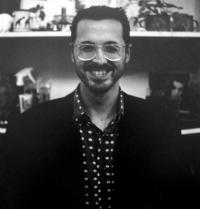To seek a versatile judgment, that is the only way a man lives in the truth
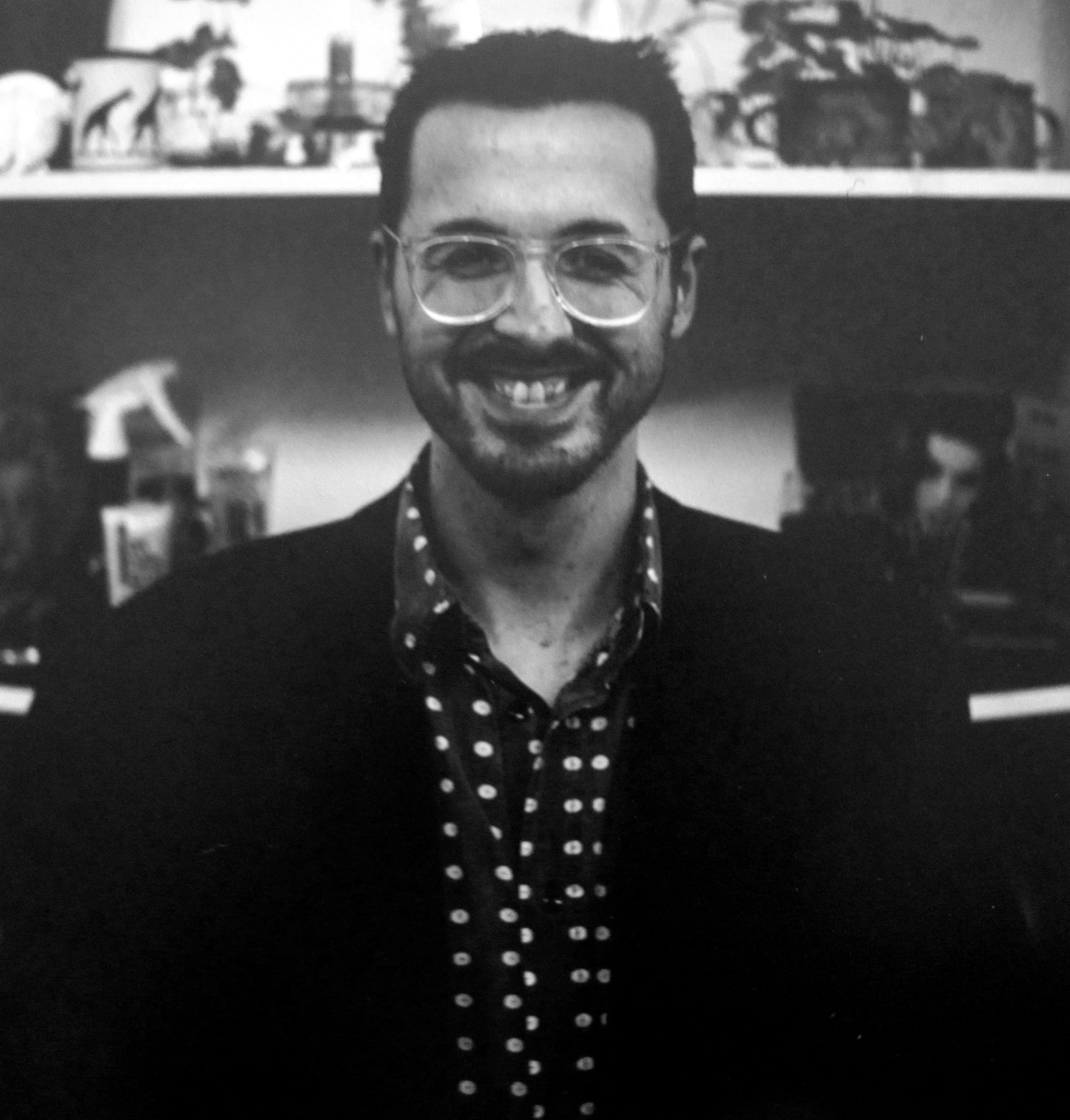
Download image
Jan Špilar was born on 3 September, 1964 in Pardubice. He grew up in a communist Czechoslovakia. He dreamt of a spiritual path and acting amongst people. He wished to become a friar, a priest and an actor. Totalitarian regime did not allow him any of that. His dad was a paediatric, his mother a pharmacist and he was the fourth child. His father openly criticized the former regime and also was openly catholic. The secret police was still checking him and the witness was not allowed to study. He apprenticed a hairdresser. He was repeatedly interrogated by the secret police. After finishing his training he left for Prague, where he worked as a make-up man in the National theatre. Also he was one of make-up men during shooting the Amadeus movie by the director Miloš Forman, which won an Oscar. Jan Špilar served the obligatory military service in Brno. As a suspicious person he could not get to a gun. Together with others he worked in constructions as an assistant. He repeatedly asked to be allowed to the graduation, yet without any success. After finishing he actively participated in activities of so called hidden church in Brno. After the revolution he managed to obtain degrees in secondary and high school education. Today he leads a successful hairdresser saloon, prepares engaged couples for marriage and provides spiritual aid to families.
